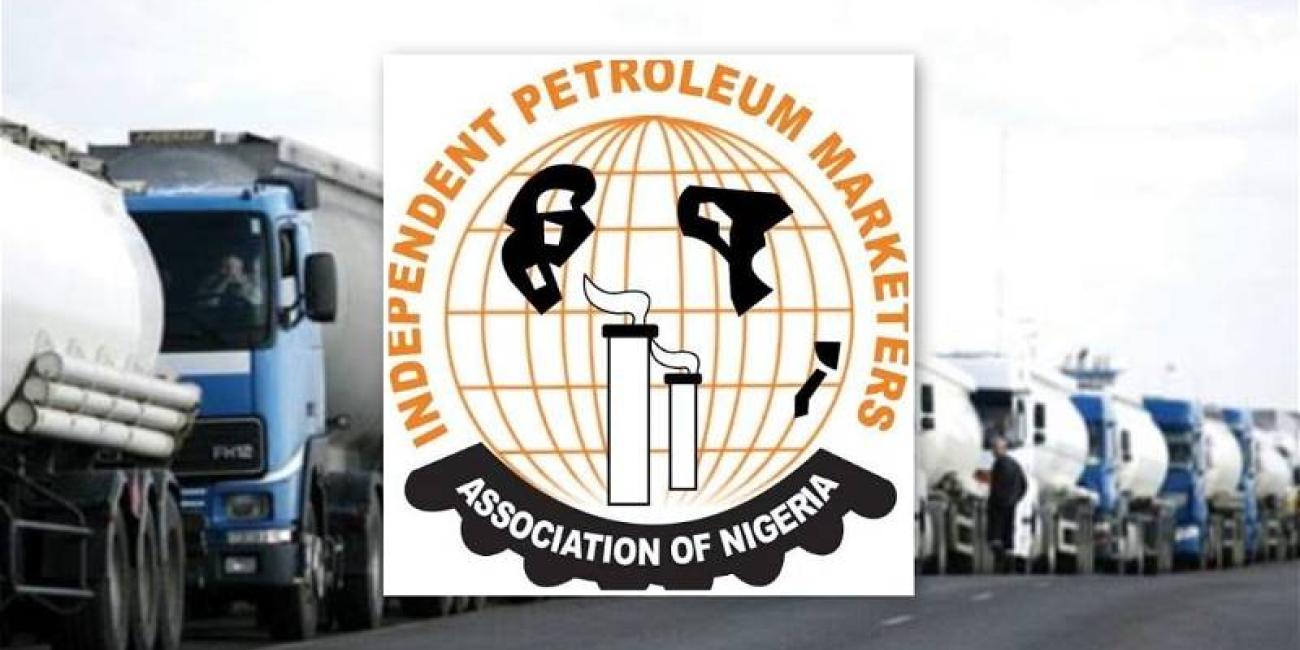The President of the Independent Petroleum Marketers Association of Nigeria (IPMAN), Alhaji Abubakar Migandi Garima, announced the association’s intention to build modular refineries in Lagos and Cross River states.
This strategic move comes in response to the government’s decision to remove the fuel subsidy, prompting IPMAN to play a pivotal role in enhancing the nation’s refining capacity.
During a live broadcast, Garima detailed the association’s commitment to these refinery projects, revealing that a site in Lagos, known as Aggie refinery, has already been secured.
The decision to embark on these initiatives aligns with the broader context of Nigeria’s refining landscape, marked by the imminent launch of the Dangote refinery and the expected initiation of the Port Harcourt modular refinery.
IPMAN’s endeavors, however, coincide with growing speculation about a potential fuel price hike by the Nigerian Government and the Nigerian National Petroleum Company Limited.
The rumors, particularly the suggestion of a price increase to N1,200 per litre, have stirred concerns and criticism on various social media platforms.
Social media users, expressing their apprehensions, have raised questions about the potential economic hardships that may arise if such a fuel price hike materializes. One X user, expressed concerns about the impact on the small-scale economic sector, highlighting the challenges faced by individuals earning lower incomes.
Another User also echoed the sentiment, deeming the proposed pump price of N1,200 as a lack of empathy from the government, given the current economic struggles faced by many Nigerians.
Omotayo also questioned the efficiency of the Nigerian National Petroleum Company, suggesting privatization or restructuring to address the challenges faced by the sector.
As IPMAN takes the lead in announcing its refinery plans, it introduces a new dimension to the ongoing discourse surrounding fuel prices and the broader implications for the nation’s economy.
The simultaneous unveiling of refinery projects and the fuel price hike speculation sets the stage for a complex and dynamic discussion about Nigeria’s energy future and the welfare of its citizens.



